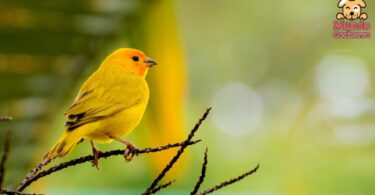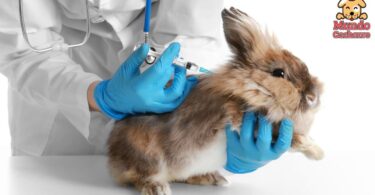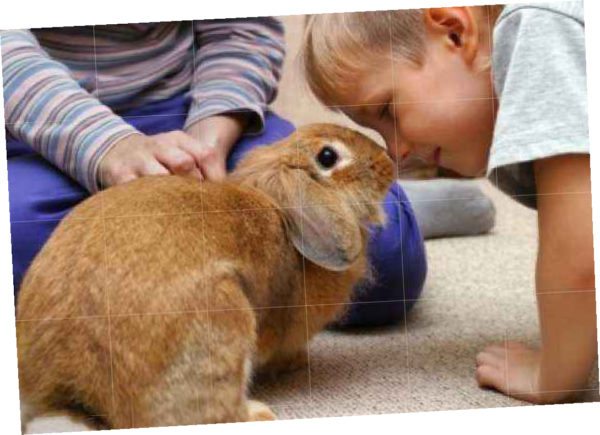If you have heard about avian flu and you are worried that your pet may contract it, in this post we tell you some facts to take into account and actions you can take to take care of your pets. It is an infectious disease of wild waterfowl such as ducks, geese and swans. The problem is that sometimes this disease has spread to domestic poultry. For example, ducks, geese, chickens and turkeys.
There are many different types or strains of avian influenza. Among them, some have even sickened many birds and even people. Cases of domestic animals such as dogs and cats have been found among those affected.
It is a disease that is transmitted through contact with infected birds, but can also be transmitted through food and water that have been contaminated with the virus.
Caring for your pets from avian influenza
To care for your pets from avian flu, the first thing to do is to keep them away from places where they might come in contact with wild animals. This includes preventing them from eating dead wild animals or their remains. Be aware that many diseases can affect wild animals and kill them and also spread to free-roaming pets.
Although there is no vaccine against this disease, if you detect any of these symptoms in your pet you should contact your veterinarian. On the other hand, it should be noted that the Center for Disease Control and Prevention assures that there are no confirmed cases of avian flu transmission between humans and pets.
Symptoms
Avian influenza has symptoms similar to those of human influenza. This is fever, cough, sore throat and shortness of breath. Although in the vast majority of cases it is not serious in humans, there are occasions when it can cause complications.
In domestic animals this disease causes symptoms similar to those of people. Other flu symptoms may include respiratory problems, diarrhea, vomiting, lethargy and loss of appetite, according to the Centers for Disease Control and Prevention.
If your pet develops unusual symptoms, it is best to see a veterinarian. This professional is the one who will be able to determine what disease your pet has and prescribe the best treatment for him to get better very soon.
Recommendations
Of course, basic hygiene recommendations apply in this case to prevent this and other diseases. For example, avoid consumption of food suspected of being contaminated, as well as frequent hand washing.
Other recommendations could be to avoid direct contact with bird feces. The ideal is to clean the feces always protecting yourself with gloves or a shovel.
Image courtesy of https://pixabay.com, all rights reserved.







